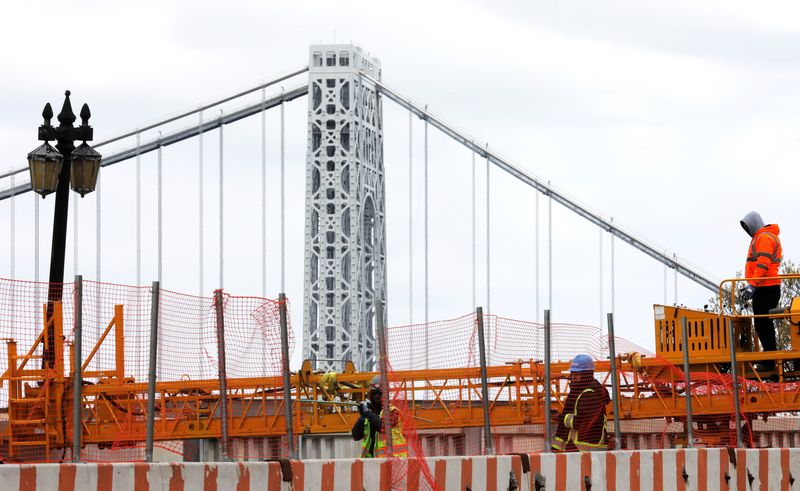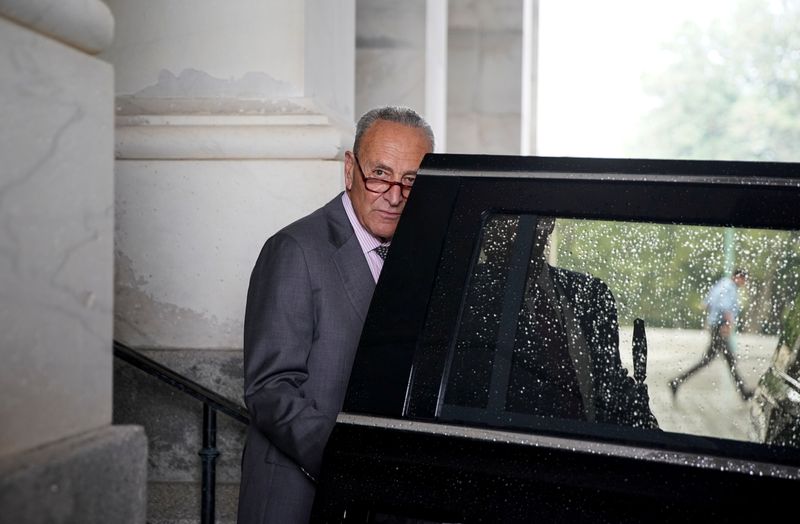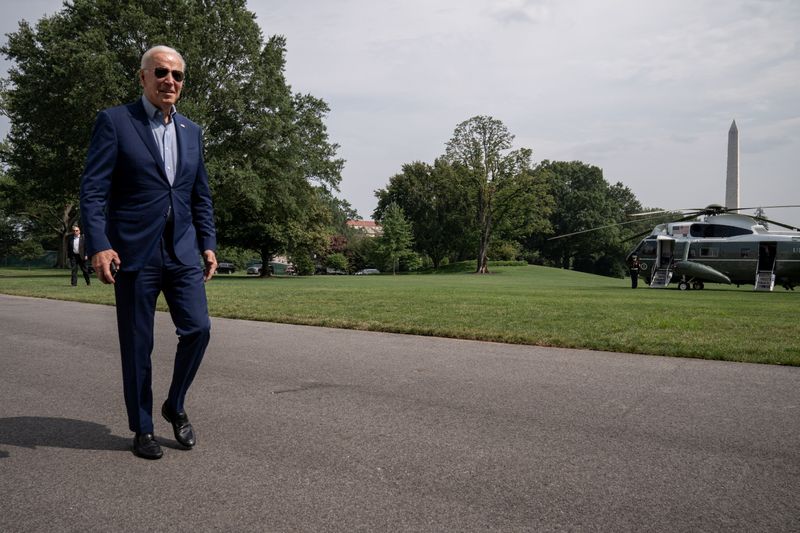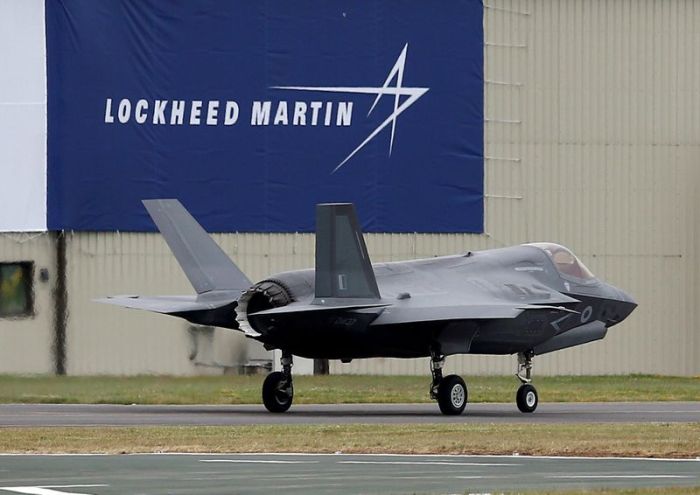By Susan Cornwell and David Shepardson
WASHINGTON (Reuters) -Fresh squabbles erupted on Monday between Republicans and Democrats negotiating details of a $1.2 trillion infrastructure plan sought by President Joe Biden, casting doubt on how quickly the U.S. Senate could try again to begin formal debate.
The chamber’s top Democrat, Chuck Schumer, said that the Senate may work through the coming weekend and into its scheduled August recess if needed to craft a deal.
“We have reached a critical moment,” Schumer said. “The bipartisan group of senators has had nearly five weeks of negotiations since they first announced an agreement with President Biden. It’s time for everyone to get to ‘yes’ and produce an outcome for the American people.”
The leading Republican negotiator, Senator Rob Portman, was working on some outstanding issues, including funds for mass transit, with White House counselor Steve Ricchetti, senators from both parties said Monday evening after a bipartisan meeting in the Capitol.
Republicans and Democrats had worked over the weekend to try to finish the deal so that Schumer could try again as early as Monday to start the floor debate in the chamber narrowly controlled by Biden’s fellow Democrats. Republicans blocked https://www.reuters.com/world/us/work-in-progress-us-infrastructure-bill-faces-test-senate-floor-2021-07-21 Schumer’s effort to begin floor action last week, saying they lacked the details of the proposal.
However, the negotiators failed to finalize the agreement by Monday amid skirmishing over details. Democrats and the White House made an offer on Sunday night, but the office of one of the leading Republican negotiators, Senator Mitt Romney, reacted in unusually irate tones to a Democratic source’s statement that Romney had reneged on a deal on water infrastructure project funding.
“This is laughably false,” Romney’s office said in a statement. “As the White House’s own website shows, the deal on water was for $55 billion in new spending. After days of radio silence, Schumer now wants $70 billion. This is a direct violation of the bipartisan agreement.”
Later Monday, however, Romney told reporters that he still believed an agreement could be finalized.
“We’ve come to some conclusion on many of those things, and I believe that between the White House and Rob Portman we’ll be able to reach agreement,” Romney said.
At the White House Monday, Biden told reporters, “I’m always optimistic” about the bipartisan infrastructure framework. The framework the senators and Biden announced a month ago, with $1.2 trillion in funding over five years, includes about $579 billion in new spending on roads, bridges, broadband and other public works projects intended to help revamp America’s aging infrastructure.
Biden has called the plan essential. He also wants it to be followed by a much larger $3.5 trillion budget framework that would allow for spending on some of his other priorities, including climate measures and social spending. Republicans have said they will not support the larger measure.
Moderate Democrat Joe Manchin, another member of the bipartisan negotiating group, said the two measures depended on each other. “I would say that if the bipartisan infrastructure bill falls apart, everything could fall apart,” he said.
The offer that Democrats sent on Sunday shows that the sides remain divided on a number of issues, including transit funding. A document seen by Reuters shows Democrats offered to reduce transit spending authorization to $69.9 billion over five years down from previous offer of $73.9 billion.
The document also shows continuing partisan disagreement about whether to include a provision to lift workers’ wages https://www.reuters.com/world/us/exclusive-democrats-may-scrap-20-bln-matching-funding-spending-bill-amid-2021-07-23 in various parts of the bill, and debate over how to allocate $7.5 billion for cleaner school buses and ferries as well as $65 billion for broadband internet.
(Reporting by Susan Cornwell and David Shepardson; Additional reporting by Jarrett Renshaw and Richard Cowan; Editing by Scott Malone, Will Dunham, Jonathan Oatis, Bernadette Baum and Aurora Ellis)





















